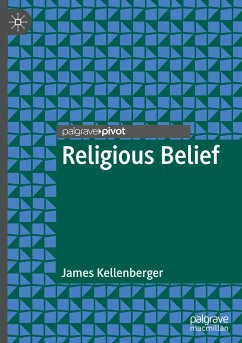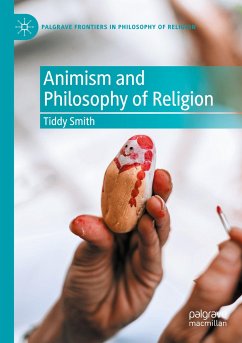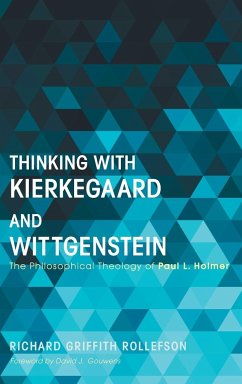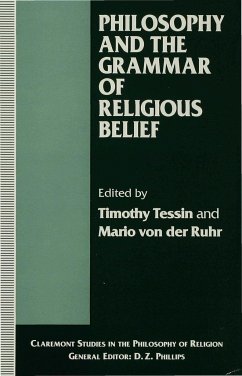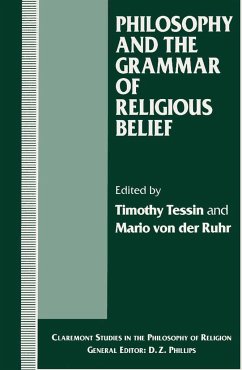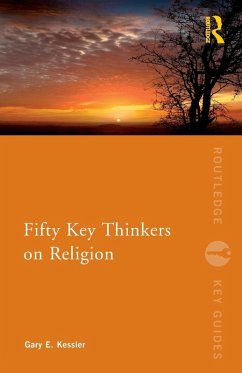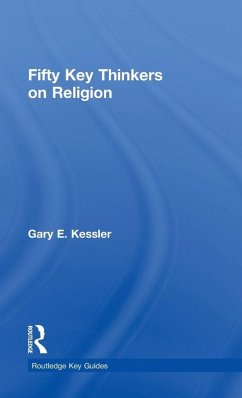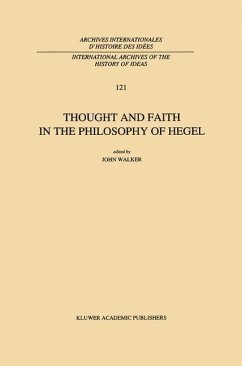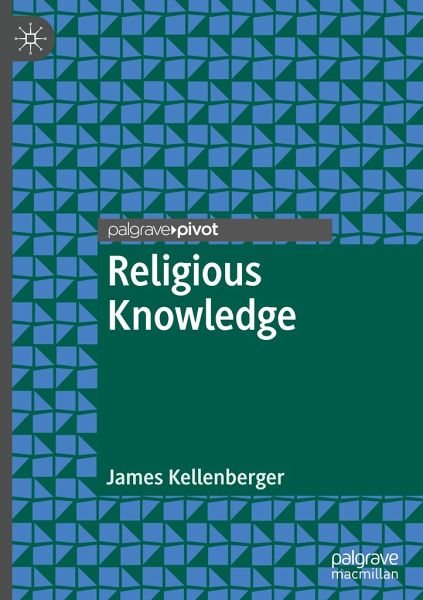
Religious Knowledge

PAYBACK Punkte
17 °P sammeln!
This book addresses the place of religious knowledge in religion, particularly within Christianity. The book begins by examining the difference between the general concepts of knowledge and belief, the relation between faith and knowledge, and reasons why belief as faith, and not knowledge, is central to the Abrahamic religions.The book explores the ambivalence about religious knowledge within Christianity. Some religious thinkers explicitly accepted and sought religious knowledge, as did St. Thomas Aquinas, while others, notably Søren Kierkegaard, cast knowledge and seeking it as incompatibl...
This book addresses the place of religious knowledge in religion, particularly within Christianity. The book begins by examining the difference between the general concepts of knowledge and belief, the relation between faith and knowledge, and reasons why belief as faith, and not knowledge, is central to the Abrahamic religions.
The book explores the ambivalence about religious knowledge within Christianity. Some religious thinkers explicitly accepted and sought religious knowledge, as did St. Thomas Aquinas, while others, notably Søren Kierkegaard, cast knowledge and seeking it as incompatible with faith. The book also examines two antithetical religious intuitions about knowledge, both at home in the Christian tradition. For one, faith requires a struggle with doubt. For the other, faith requires a certainty that excludes doubt. For the first, religious knowledge would destroy faith. For the second, religious knowledge is compatible with faith and completes it.
Though the book focuses on the Christian tradition, it also considers other traditions, including a chapter on the place of religious knowledge in nontheistic religious traditions. The final chapter examines how coming to Wisdom as personified in the Jewish and Christian traditions may be distinct from attaining religious knowledge.
The book explores the ambivalence about religious knowledge within Christianity. Some religious thinkers explicitly accepted and sought religious knowledge, as did St. Thomas Aquinas, while others, notably Søren Kierkegaard, cast knowledge and seeking it as incompatible with faith. The book also examines two antithetical religious intuitions about knowledge, both at home in the Christian tradition. For one, faith requires a struggle with doubt. For the other, faith requires a certainty that excludes doubt. For the first, religious knowledge would destroy faith. For the second, religious knowledge is compatible with faith and completes it.
Though the book focuses on the Christian tradition, it also considers other traditions, including a chapter on the place of religious knowledge in nontheistic religious traditions. The final chapter examines how coming to Wisdom as personified in the Jewish and Christian traditions may be distinct from attaining religious knowledge.





